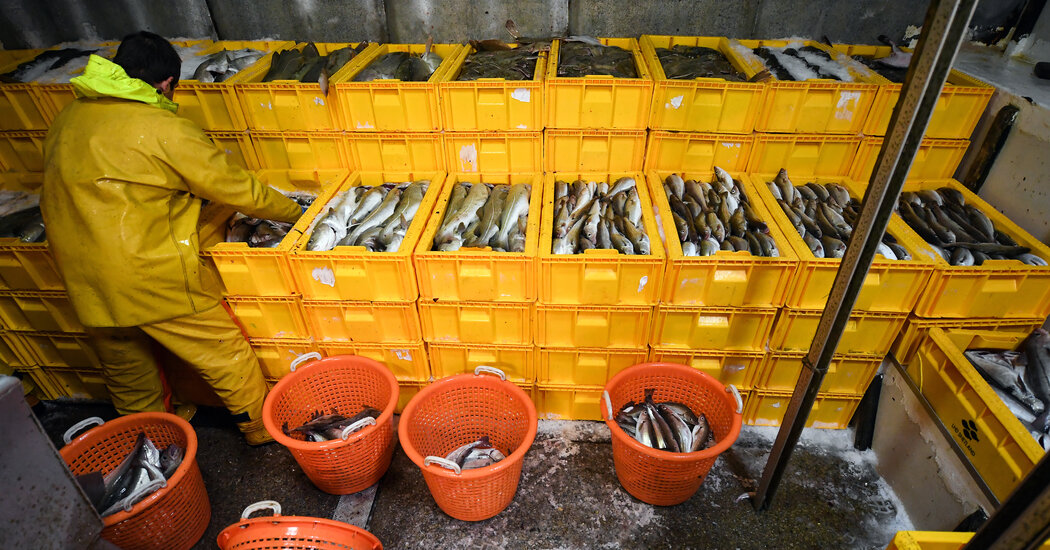A new study suggests that estimates of the health of the world’s fisheries may be too optimistic.
Counting the number of fish in the ocean may well be one of science’s toughest jobs. It also produces a crucial tool governments use to protect marine ecosystems that feed millions of people across the world.
Fish stock assessments work a lot like climate models. Scientists gather a wide range of data from fish catches, like age and weight, and track environmental conditions, like the temperature of the sea, and use mathematical models to estimate the health of fish populations. The analysis is then used to make recommendations to governments.
But as fishery scientists often say, counting fish is a lot like counting trees, except that they move and you can’t see them.
In fact, many assessments of the health global fisheries may be too optimistic, according to a new study published Thursday in the journal Science.
The researchers analyzed data from 230 of the most important fisheries in the world between 1980 to 2018. On average, the study found, assessments overestimated fish stocks by 11.5 percent. The findings, the researchers said, highlight that governments need to take more precautions to protect fish populations.
Though overfishing has historically imposed enormous harm to marine ecosystems around the world, since roughly the 1980s many countries, including the United States, have gotten a lot better at sustainably managing fisheries.
